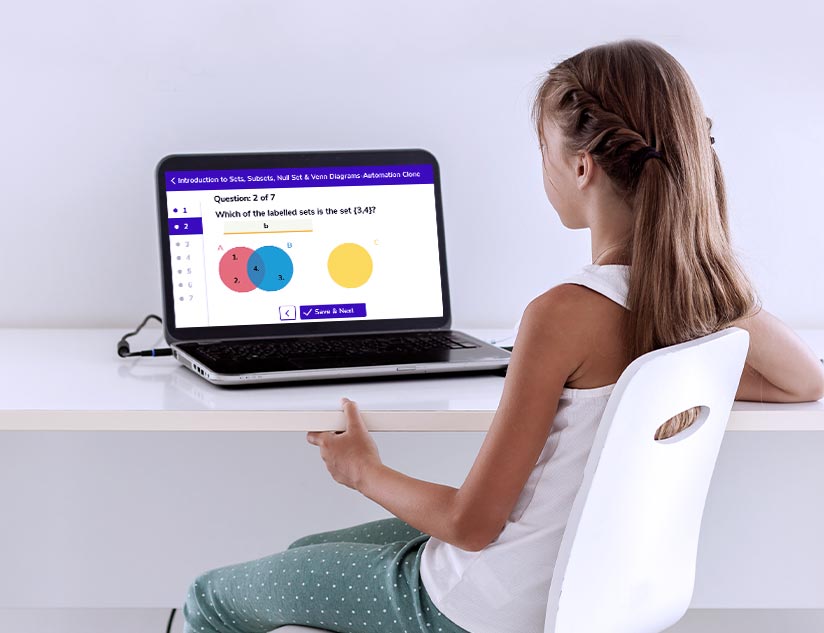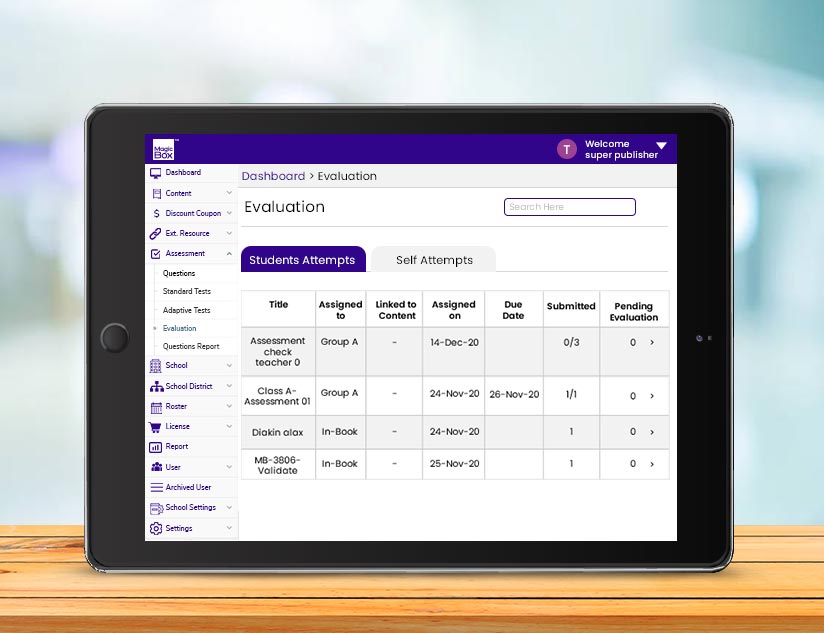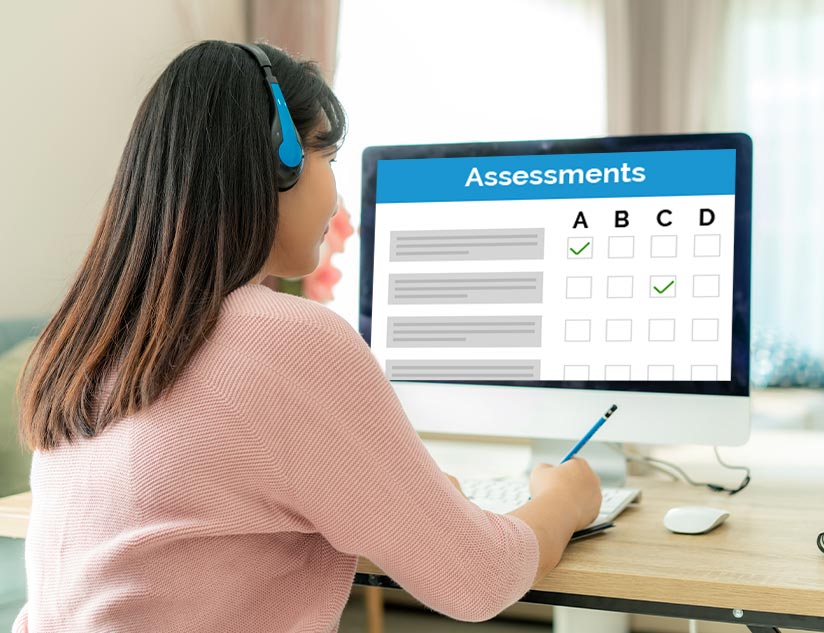The Need for Interoperability in Online Assessments for K-12 Education
June 14th, 2022
With a shift to online learning and assessment, the need for interoperability and accessibility has become more critical than ever. Building technology infrastructure around well-established and adopted standards is the best way to ensure interoperability. So, you need to sync systems and applications within your ecosystem to adhere to the same framework so that the technologies can easily communicate and exchange data.
Moreover, states and educational institutions rely on the specifications of IMS Competencies and Academic Standards Exchange (CASE), encouraging content providers and learning platforms to offer interoperable education standards that can easily be integrated into third-party platforms.
What is CASE?
The Competencies and Academic Standards Exchange (CASE) specification facilitates the exchange and management of information regarding learning standards and/or competencies in a consistent and digitally referenceable way. It aims to extract, optimize, and securely exchange data usually present in an inaccessible HTML, PDF, or spreadsheet format. With the help of CASE, you can quickly transform data into a machine-readable format. It then allows seamless exchange of information between tools and applications within the system.
For instance, you can use the CASE standard to align test results across multiple platforms and set learning standards. This way, educators can better understand student learning progress and outcomes. They can compare these outcomes to benchmarks and deliver digital assessments that cater to students’ needs better.
QTI – A gold standard for Interoperable Digital Assessments
Questions and Tests Interoperability (QTI) helps define and identify the points of interoperability, protocols, and formats that help educators save time and money during the creation and delivery of assessments. It allows them to conveniently work with the exchange of test content, result data, test construction tools, learning platforms, assessment delivery systems, and scoring/analytics engines.
The recent 3.0 version of the QTI standard aims at fostering increased interoperability of assessment-based content packages. The version is a definitive set of features and functionality relating to web and accessibility standards that may not require significant iterative updates or changes shortly.
QTI Compliance plus CASE standards
Question & Test Interoperability, combined with the CASE standards, allows the exchange of crucial assessment data. Such data is easily communicated between authoring tools, item banks, test construction tools, and more. If you are working with QTI 3.0, you can ensure that the assessment creation, delivery, and results will operate in an ideal ecosystem. Such assessments better reflect daily instruction and learners’ subject mastery.
When educational institutions and publishers choose a QTI-compliant learning platform, it helps connect assessments to learning and achieve desired learning outcomes. After all, interoperability and accessibility are vital in building fair, valid, and reliable digital assessments.
For instance, you can deliver test items with advanced features like mathematical symbols, graphing capabilities, etc., with the help of interoperable technology. In addition, it helps in boosting learning outcomes since these assessments offer an interactive and engaging educational experience.
MagicBox™, a QTI-compliant platform, can instantly help you launch digital assessments seamlessly, allowing you to pick from a wide range of question templates, create and sell questions and assessment banks, and embed assessments in content, and much more.
You can even upload existing QTI-compliant questions to assessments in XML format. The platform not only improves the effectiveness of digital assessments but also helps evaluate learning outcomes and recognize knowledge gaps. Talk to our experts and know how we can support you in ensuring that students make the most of this school year.














